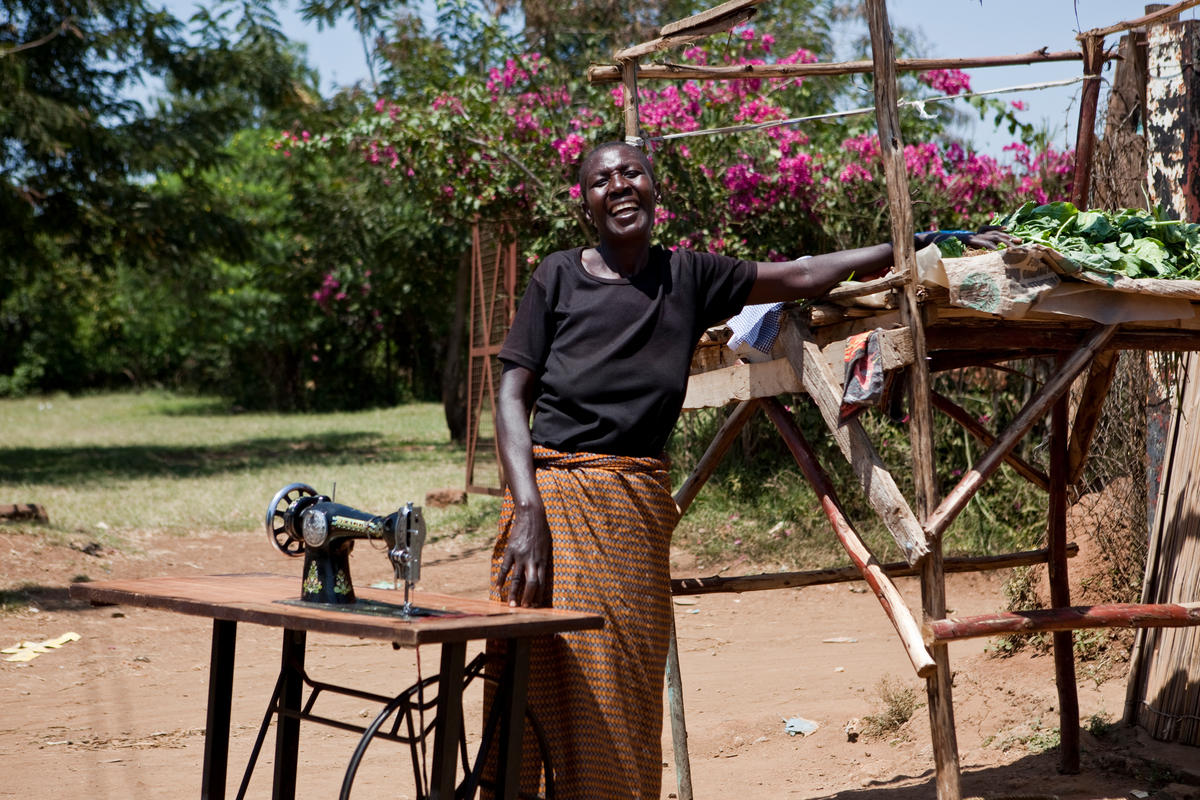Women’s groups, such as self-help groups (SHGs), savings groups, and collective enterprises, are an important intervention strategy to improve women’s empowerment and economic outcomes such as asset ownership in low-and middle-income countries (LMICs). Asset stores are a critical component of resilience to shocks and productive livelihoods in LMICs, providing both financial and physical security and contributing to overall wellbeing. Research shows that who controls and owns assets is highly gendered, with women owning fewer assets of lesser value, contributing to intra-household and societal power and wellbeing inequalities. With the increasing expansion of women’s groups of diverse typologies, it is important to understand the full range of impacts on asset ownership – both at the household level, and the individual-level, as well as inequalities between women and men.
This systematic review is led by Thomas De Hoop, PhD, at American Institutes for Research and Amber Peterman, PhD, at the University of North Carolina and aims to synthesize evidence on the effects of women’s groups on gendered asset ownership in LMICs. Primary outcomes from selected studies will include forms of natural, physical, livestock and financial assets.

©Bill & Melinda Gates Foundation/Frederic Courbet
Status: Ongoing Work